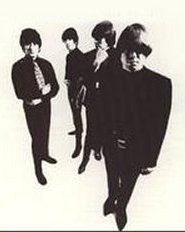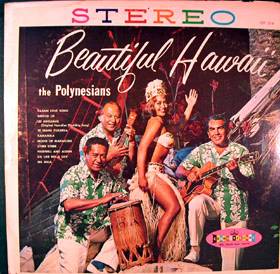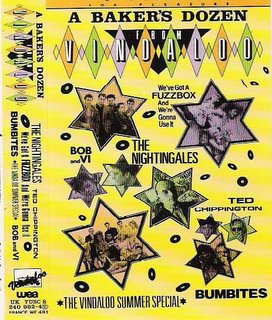
"The Standells were formed in 1962 by guitarist Tony Valentino and organist Larry Tamblyn. The early line-up included Gary Lane on bass and drummer Gary Leeds, who would later find more success with the Walker Brothers. Leeds was eventually replaced by former Mousketeer Dick Dodd. As for the name the band chose, they would later tell Dick Clark on American Bandstand, they were just "standing around" one day, trying to think up a name for the band. The quartet became a leading attraction in Los Angeles night-spots and recorded some weak selling albums and singles for Liberty, MGM, and Vee Jay. As a popular local band, they also found themselves appearing in the movie "Get Yourself a College Girl", and getting a lot of television work (most notably, a guest appearance on 'The Munsters').
The band managed to hit the upper regions of the U.S. Top 100 with tunes like "Big Boss Man" and "Someday You'll Cry", but they didn't really hit their stride until teaming up with producer Ed Cobb, formerly of the vocal group the Four Preps. Cobb wrote a song called "Dirty Water", which marked quite a change of direction from their previous clean-cut image. At first the group didn't even like the song, but six months after it was released, "Dirty Water" was the number 11 song in the nation.
With their image now considerably toughened, the group issued four albums in quick succession in 1966 and 1967, as well as appearing in (and contributing the theme song to) the psychedelic exploitation movie "Riot on Sunset Strip". Cobb, in addition to writing "Dirty Water," also penned their other singles, including "Sometimes Good Guys Don't Wear White", "Why Pick on Me" and 'Try It" (the last of which was widely banned for its suggestive delivery). The group did write some decent material of their own, such as "All Fall Down", which bears an interesting similarity to some of Pink Floyd's early work.
Tower Records, as was the case with most of its artists, didn't apply intelligent long-range planning to the band's career, releasing too many albums at once. The group didn't help their own cause by issuing an awful vaudeville-rock single, "Don't Tell Me What to Do", under the transparent pseudonym of the Sllednats (Standells spelled backwards). It would be their last recording."
This, their second album on Tower Records, incuded some great songs and some not so good. Their version of Bacharach & David's "Little Red Book" comes quite close to equaling the excellent version by Arthur Lee and Love. They toured with the Stones and even covered "Paint It Black", also on this LP.
Discover more about The Standells
HERE.
The Standells - Little Red BookThe Standells - MainlineThe Standells - Have You Ever Spent The Night In JailThese
You Send It files are available for seven days or until exhausted.























